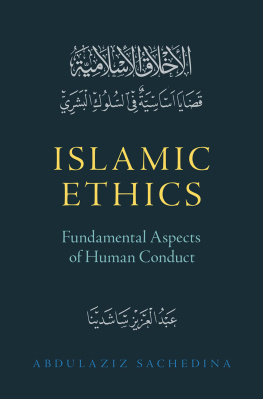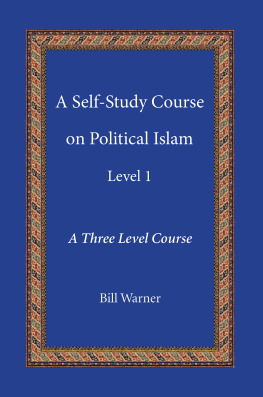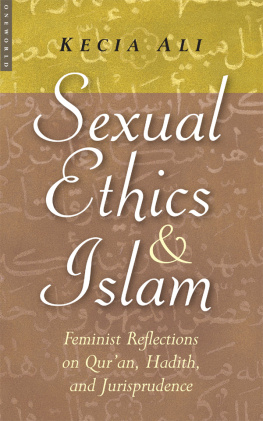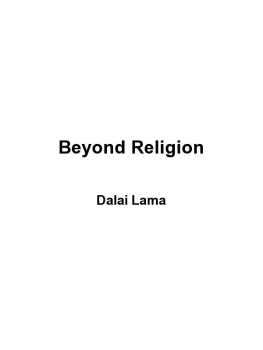First published in 1964
This edition first published in 2011
by Routledge
2 Park Square, Milton Park, Abingdon, Oxon, OX14 4RN
Simultaneously published in the USA and Canada
by Routledge
270 Madison Avenue, New York, NY 10016
Routledge is an imprint of the Taylor & Francis Group, an informa business
1964 This translation George Allen & Unwin Ltd
Printed and bound in Great Britain
All rights reserved. No part of this book may be reprinted or reproduced or utilised in any form or by any electronic, mechanical, or other means, now known or hereafter invented, including photocopying and recording, or in any information storage or retrieval system, without permission in writing from the publishers.
British Library Cataloguing in Publication Data
A catalogue record for this book is available from the British Library
ISBN 13: 978-0-415-57033-6 (Set)
eISBN 13: 978-0-203-83010-9 (Set)
ISBN 13: 978-0-415-61047-6 (Volume 23)
eISBN 13: 978-0-203-83221-9 (Volume 23)
Publishers Note
The publisher has gone to great lengths to ensure the quality of this reprint but points out that some imperfections in the original copies may be apparent.
Disclaimer
The publisher has made every effort to trace copyright holders and would welcome correspondence from those they have been unable to trace.
The Nasirean Ethics
by
Nar Ad-dn s
TRANSLATED FROM THE PERSIAN
BY
G. M. WICKENS
Chairman of the Department of Islamic Studies University of Toronto
London
GEORGE ALLEN & UNWIN LTD
RUSKIN HOUSE MUSEUM STREET
FIRST PUBLISHED IN 1964
This book if copyright under the Berne Convention. Apart from any fair dealing for the purpose of private study, research, criticism or review, as permitted under the Copyright Act 1956, no Portion may be reproduced without written permission. Enquiry should be made to the publisher.
This translation George Allen & Unwin Ltd, 1964
PRINTED IN GREAT BRITAIN
in 10 point Old Style type
BY C, TINLING AND co, LTD
LIVERPOOL, LONDON AND PRESCOT
INTRODUCTION
A. THE SIGNIFICANCE AND SPECIAL QUALITY OF THE AKHLQ-I NR
T HE Nasirean Ethics of Nar ad-Dn is the best known ethical
The work, then, has a special significance as being composed by an outstanding figure at a crucial time in the history he was himself helping to shape: some twenty years later s, at the side of the Mongol prince Hulagu, was to cross the greatest psychological watershed in Islamic civilization, playing a leading part in the capture of Baghdad and the extinction of the generally acknowledged Caliphate there.
There were, to be sure, greater philosophers than s in the annals of Islam who touched on ethical matters with authority, though the overwhelming majority of themKind, Frb, Avicenna, Ghazl, Avempace, Averroes, and the restpredeceased him and hence may be supposed at his literary service; but none of them produced any one work, of reasonable compass, so admirably offering a conspectus of most of the significant moral and intellectual preoccupations of the mediaeval Islamic world. It is for this reason that the present rendering, the first in any Western language, is directed not only to those Islamists who may not happen to be specialists in Arabic or Persian or philosophy; but also to mediaevalists, and to philosophers and historians of ideas generally. (It is hoped that the consequential ambivalence of this Introduction and of the Notes may be accordingly fruitful in at least as many cases as it proves frustrating, for the ultimate answers to many problems in this book depend on the stimulation of scholars in all these fields).
s is, of course, primarily concerned in this work with the criteria of human behaviour: first, in terms of space and priority allotted, at the individual level (where Man is directly integrated into Creation and immediately responsible to the Creator); secondly, at the economica level (where he operates as a member of the family and of other sub-political units); and thirdly, at the political level (where he becomes, individually and by way of the higher groupings, an organic member of the city community, of a state, and even of an empire). Butin keeping with mediaeval attitudes in general, and repugnantly to the modern mindhe treats nothing in isolation, or relatively, or subjectively, or from a purely pragmatic standpoint. He admits no disparity between the rules laid down or elicited for Mans conduct, the courses of the planets, and the laws of mathematics: all are interdependent, all absolute, real and right. Theory must precede practice: whatever is soundly thought out will be effective, but what may seem at any moment to work must not be adopted as right merely for that reason. Key-words, leitmotivs throughout the whole book, are Reason, Wisdom, Justice and Equilibriumthe great and universal abstractions; but there is a truly remarkable Section on Love (III:2); and a polished tact and humanity pervade the whole (not merely the long passage on Manners towards the end of II:4), as well as a reiterated awareness that the particularities, the details of application, may vary greatly from individual to individual, and as between different ages or civilizations. Whatever else may be charged against s, he is no inhuman fanatic who would sacrifice all men to a system.
That this is, in the profoundest sense, a religious attitude might seem inevitable in a Muslim writer of the seventh/thirteenth century. s, however, is a heterodox Muslim, an exponent of extreme Shite, not to say Isml, The diverse truths do not conflict, being of common origin, but they are hierarchically graded; and all Creation is called to ascend the grades within the limits of capacity. This ascent is the end of all existence, and it is by reference to Mans potentially supreme elevation that his behaviour is to be determined.
These qualitiesthe works urbanity and polish, its organic unity of construction (cf. Notes 1845 and 2006), and its deeply philosophical and religious spirit (albeit relieved by shafts of courtesy and tact)have tended to be largely ignored hitherto, particularly by Western Islamist scholars; perhaps does rather more than this, and Dawn can be clearly seen to make deliberate omissions and alterations, the latter albeit of a negative character for the most part. But the particular quality of Tss work is that he reviews a whole process of life and thought in an untendentious ledger-book summation.
B. SS LIFE AND WRITINGS
For present purposes, the main accepted facts of Tss life can be catalogued quite briefly. He was born in 597/1201 in s (in N.E. Persia, the native area of Ghazl and of many other Arabo-Persian scholars of mediaeval times, now a ruin); and he died in Baghdad, for five centuries the spiritual and political centre of Islam, in 672/1274. He was the contemporary within Islam of scores of eminent figures (e.g. two of Persias greatest writers, Rm, d.672/1273 and Sad, d.692/1292), with many of whom he was closely acquainted; and, outside Islam, of such unwitting fellow-labourers as Albert the Great, Thomas Aquinas and Roger Bacon, of whom he quite possibly never heard. (Since he allegedly amassed a vast library, containing many foreign books, and as the Mongol period was one of lively foreign contact, it is impossible to be absolutely certain of this).












